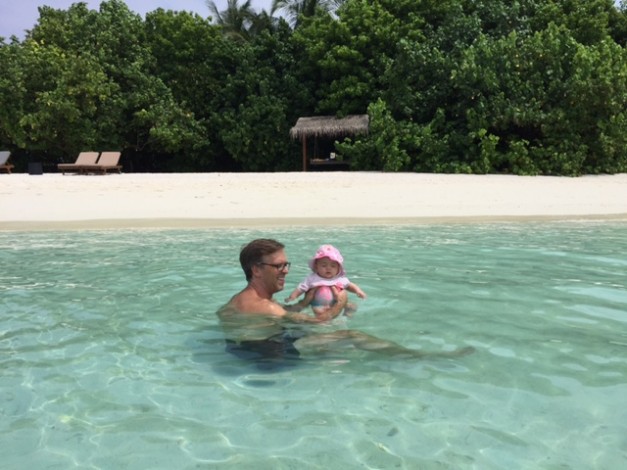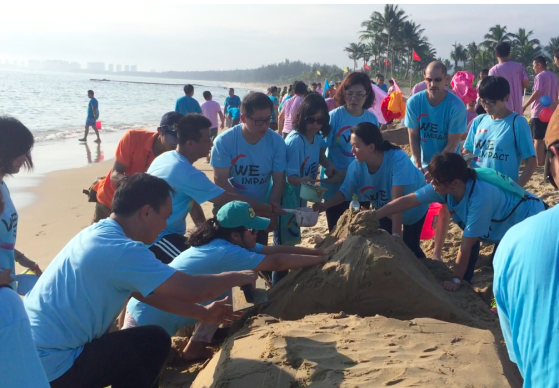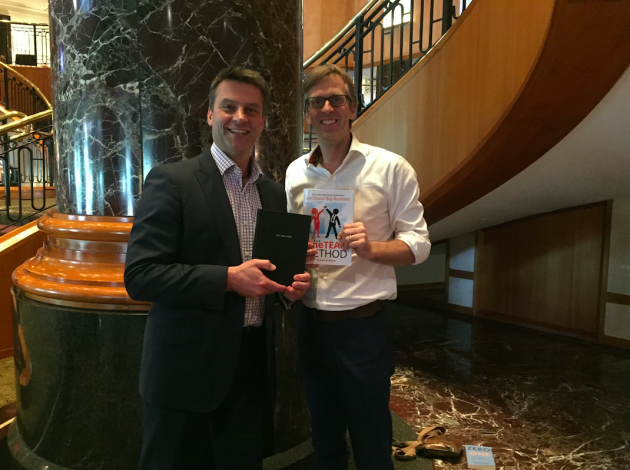
(Vadoo Island, The Maldives)
For the last two months I have done almost no speaking.
Instead I have been on paternity leave. (Look at my other blog – www.paternityDad.com to find out more.)
So my days have been full of trips to the zoo, trips to the playgrounds – and as of right now, a trip to The Maldives with my youngest daughter and my wife.
It has been bonding galore.
The perfect thing with being a professional speaker is that you can take periods off like this.
The job market for keynote speakers are seasonal. Almost all big corporate conferences take place during a few months in the autumn (September to November) and a few months in the spring (basically March to June).
(It is easy to understand why: If you organise a big conference with hundreds of people you do not want to put in during a time when there is a big risk that many of the delegates that you want to attend are gone on vacation.)
So even if I can do 100 speeches in 30+ countries in a year I normally have a couple of months off during the summer and more or less one months of (at least) around Christmas.)
When I work I work like crazy.
When I travel I travel like crazy.
But when I do not, I rest, play with my kids and relax – to make sure I do not go crazy.
People who are just getting into the industry of speaking tend to get stressed out when they do not have any bookings for weeks in the summer (or in December).
That is the wrong response.
A speaker should get stressed out when he or she is not booked solid during the “speaking season”.
During the low-times you hibernate so that you can be full of energy when the active season kicks-in.
Or at least that is how I look at the business of global professional speaking.

